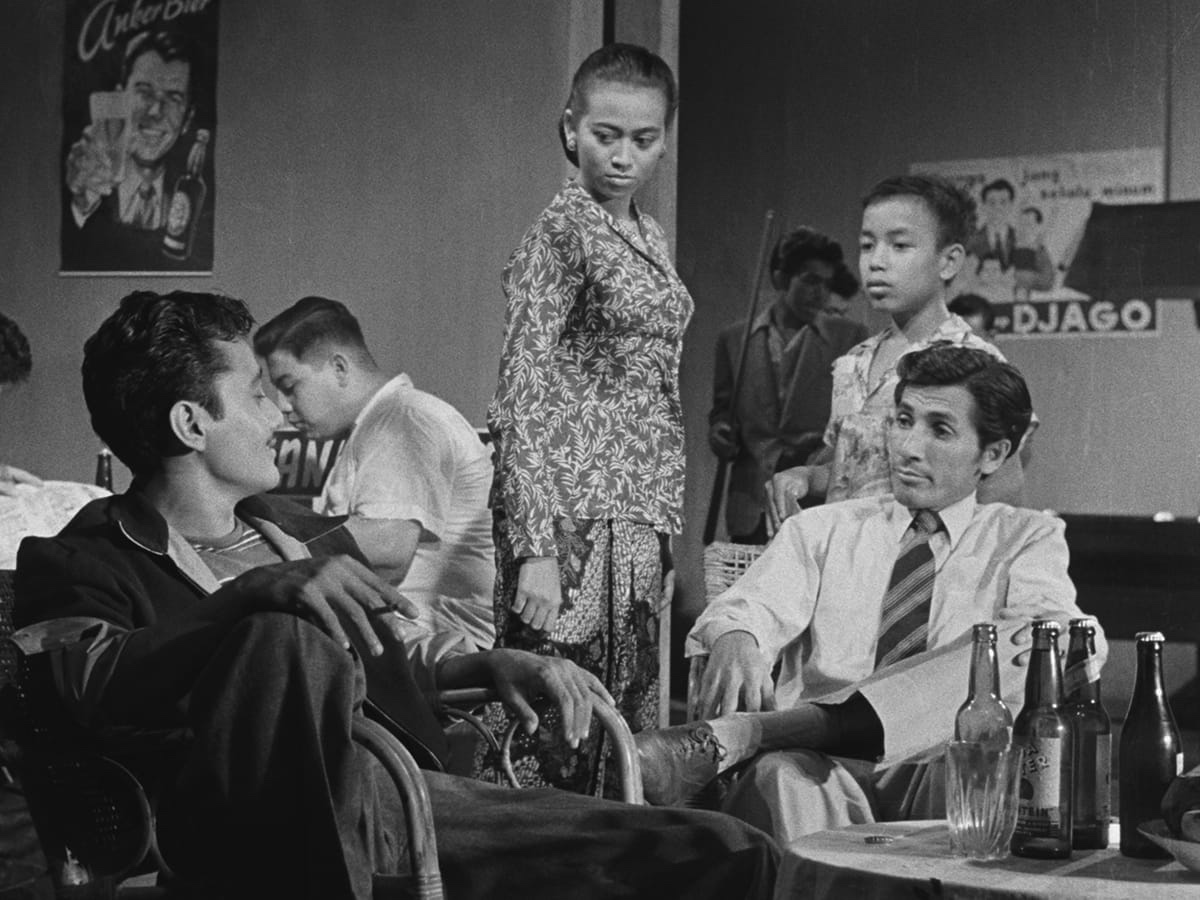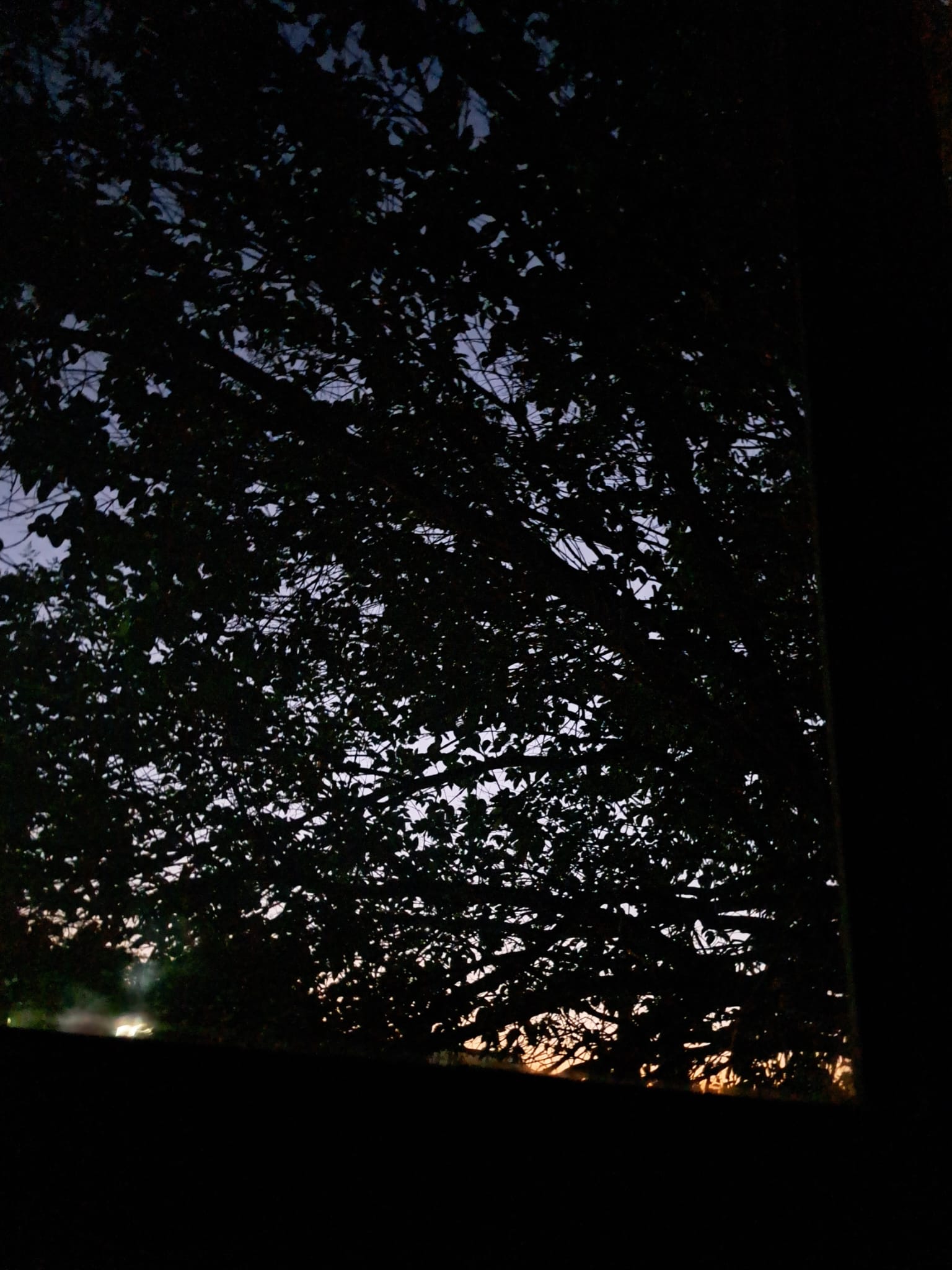by Corry Shores
[Search Blog Here. Index tabs are found at the bottom of the left column.]
[Terence Blake, entry directory]
[Terence Blake’s Translations and Commentary on Deleuze/Guattari, entry directory]
Terence Blake
No Cuts!: Deleuze and Hillman on Alterity
In this post Blake discusses problems of Zizek’s reading of Deleuze’s “Letter to a Harsh Critic”, in the context of James Hillman’s ideas. Here is an interesting part regarding how Deleuze’s pluralism takes his philosophy beyond simple and straightforward dichotomies like the “cut” between self and world (and note the useful translation at the end):
We must reply with James Hillman: “Nothing is repressed, in fact, nothing can be repressed” (RE-VISIONING PSYCHOLOGY, ix). Zizek’s biggest mistake is literalism, a malady that Hillman attributes to, amongst many others, Freud and his followers. Deleuze likewise condemns “a deplorable belief in exactitude and truth”, and revendicates the right to express his individuation with its immobile voyages in oblique and circuitous ways. This indirect expression, or “power of the false”, is a type of language that eschews the “unidimensional literal report by and about a fiction called “me”” (RVP, xi), or indeed about any dogmatically imposed interpretation treated as self-evident “reality”. “What’s so great about your version of “reality”?, asks Deleuze, Your realism is unimaginative.”
This unimaginative realism confines itself to a world divided into stereotyped categories by “signifying cuts”. This is the realm of the great divide between self and world. Deleuze’s pluralism evokes on the contrary a metaphysical “rupture” where you are no longer a conforming or transgressive identity (let’s face it, all identities are transgressive, you don’t and can’t really conform to the Norm), but where
“You have become like everyone, but in fact you have turned “everyone” [and we must add “everything”] into a becoming“. (DIALOGUES, p127, translation slightly modified).
.





.jpeg)




































No comments:
Post a Comment